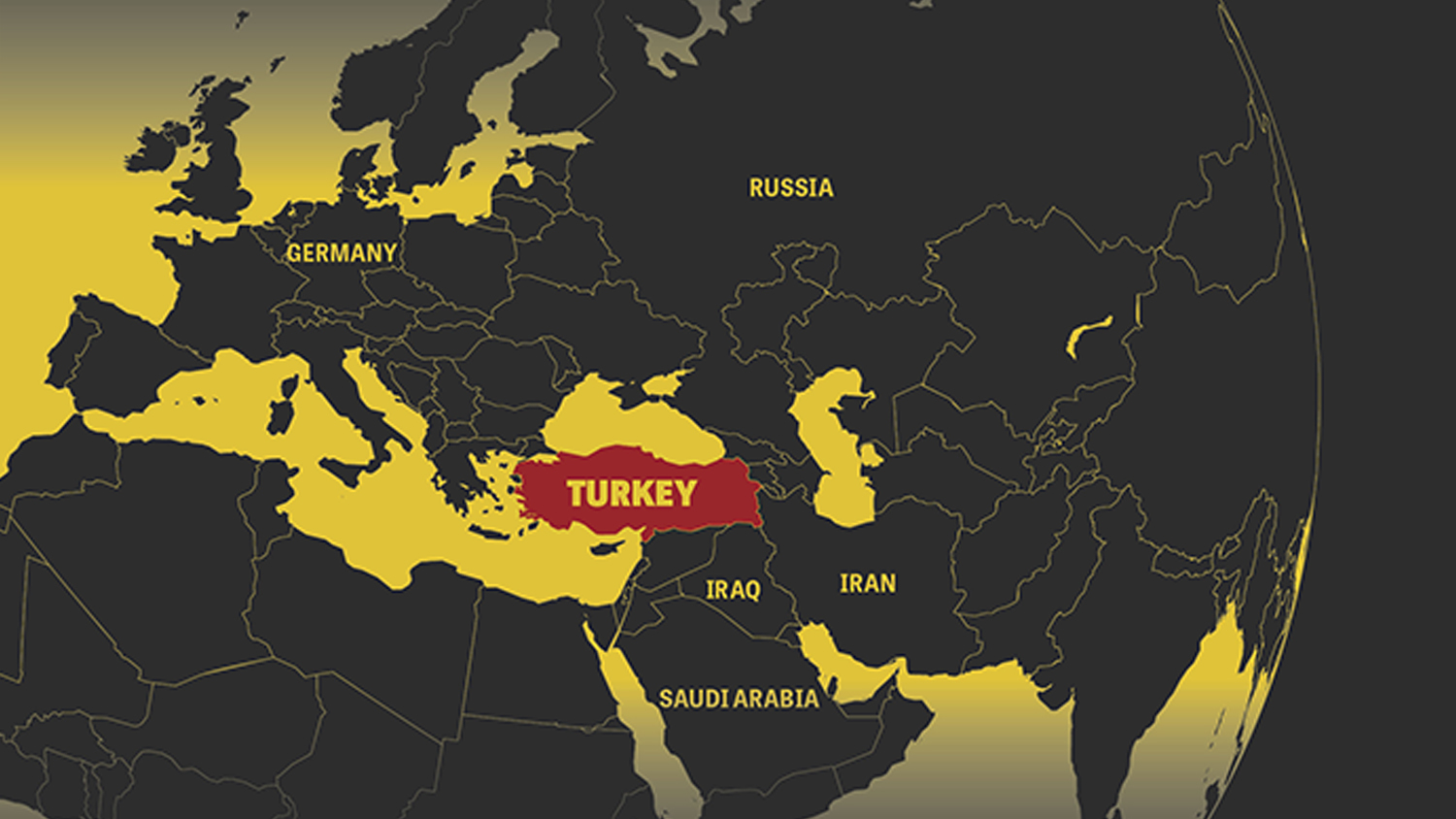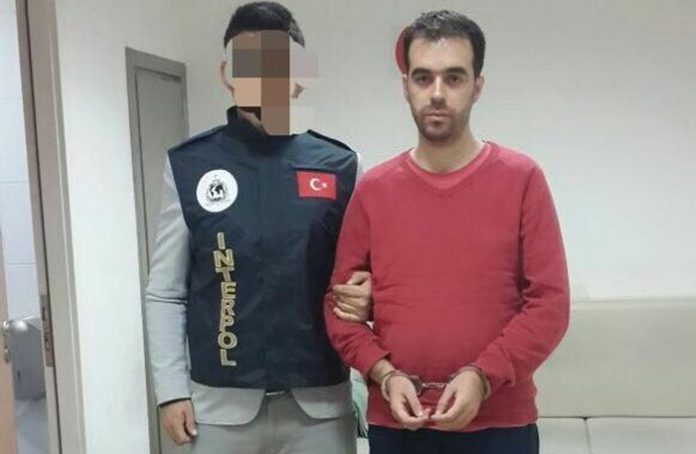[authorbox authorid=”41″ ]
[dropcap size=big]W[/dropcap]hat it is that motivates the Turkish president’s supporters, and how he has harnessed their votes
For President Erdogan’s supporters, he has held the line. This can be very hard to appreciate when viewing Turkey from the comfort of a Western democracy. From such a vantage point, he appears to be willfully destroying one of the only democracies in the Islamic world, turning an open and secular society into a closed Islamist dictatorship.
As such an audience watches on, appalled, how do they make sense of the ease with which he and his party have once again been re-elected after 16 years in power? One way to explain it is, of course, through the prism of that closed Islamist dictatorship. According to that narrative, President Erdogan only won because he controls the media, rules in a state of emergency and has jailed hundreds of thousands of opponents.
Clearly, these factors take their toll. Turkey’s imperfect democracy is a whole lot more imperfect when there has been virtual civil war in the Kurdish south-east of the country and many politicians, including presidential candidate Selahattin Demirtas, are behind bars. But this is not the Egypt of Abdel Fattah el-Sisi, where the presidency was won with 97% of the vote against a rival who was merely a regime puppet running to offer legitimacy to the vote.
President Erdogan beat a vibrant opposition, one that coalesced more than ever before behind their shared antipathy to the president. Only by understanding the motivations behind the majority who are passionately loyal to President Erdogan and his party can we understand why he keeps winning. Whether he would win a totally free and fair race outright is questionable, but the likelihood of him being the leading candidate is still high.
No democracy please, we’re Turks
A root cause of the divisions that beset Turkey today is that fact that Turkey has never truly been a democracy. Sure, it has been one on paper. It has even, on and off since the 1950s, had multi-party elections, the usual determinant of a democracy. But the very blueprint of the state is of one man, one party rule. It is a strong, authoritarian state built by soldiers to be run by soldiers. President Erdogan may not be a soldier, but he has cast himself in this image.
The founding father and mythic figurehead of the Turkish state, Mustafa Kemal Ataturk, espoused Western-style democracy, but never actually allowed it to happen. He was more interested in coercively creating a state in the image of Western nations, one that, perhaps, over time, might become a democracy. In doing so, he dismantled the Ottoman Islamic legacy, yet he in many senses became a new secular sultan for the republic.
While the majority of provincial Turks never bought into the secular, Westernizing vision of Ataturk, his one man, one party rule had continuity. It felt much like what came before and has far deeper roots in Anatolian society than do the trappings of Kemalism. Yet the secular state, backed by its guardian, the army, had always resisted Islamist rule. Successive coups had prevented democratically elected governments — often with an agenda sympathetic to Islam — from running the country.
What the ruling Justice and Development Party (AKP) achieved from 2002, when it came to power, was to drive a reform and democracy agenda where it had never truly existed before. They were Islamists, but they also saw that in reform with EU membership as its engine, they could gain control over this militarized state. They gave a voice to a huge but under-represented class in Turkey, and their figurehead was the charismatic Mr Erdogan.
One man, one party
President Erdogan infamously said in his early career, “Democracy is like a train, you get off when you have reached your destination.” Many see in it a revelation of his true path. This was a man who sought power, not democracy. He was using the levers available to him to reach it. Whether that is true, or whether he has moved down a nationalist path due to the very real threats that have come his way is hard to call.
The Turkish state has not simply welcomed the AKP and its president to power. President Erdogan spent time behind bars himself in 1998. His party’s presidential candidate in 2007, Abdullah Gul, was threatened with another military intervention. The party was often under fear of being outlawed by the Constitutional Court for breaching its rules on state Kemalism. And finally, most disastrously, there was the failed coup attempt of July 2016.
All these factors, perhaps added to a personal predisposition to authoritarianism, have led President Erdogan into the arms of the right-wing nationalists. Turkey’s far-right Nationalist Action Party (MHP) — new alliance partners of the AKP — have never held so much power. The agenda of the state is one of fierce Sunni Islamist-hued nationalism, a far cry from the pan-Islamic mindset that many in the party originally set out advocating.
Yet President Erdogan has managed not only to maintain power, but he has done so by bringing together two previously uneasy bedfellows — Turkish nationalists and Islamists. In showing them their shared sense of social conservatism and trust in strong, centralized leadership, he has managed to carve out a constituency who see their enemy as the diverse internal and external groups that call for Turkey to open up, acknowledge its multiplicity and become something new. The old ways, it seems, are very deeply rooted indeed.
- The Misak-ı Millî and the expanding Turkish sphere of influence in the Middle East - 09/11/2018
- Why Erdogan Keeps Winning - 28/07/2018
- The Conservative Equation in Turkey - 21/05/2018



